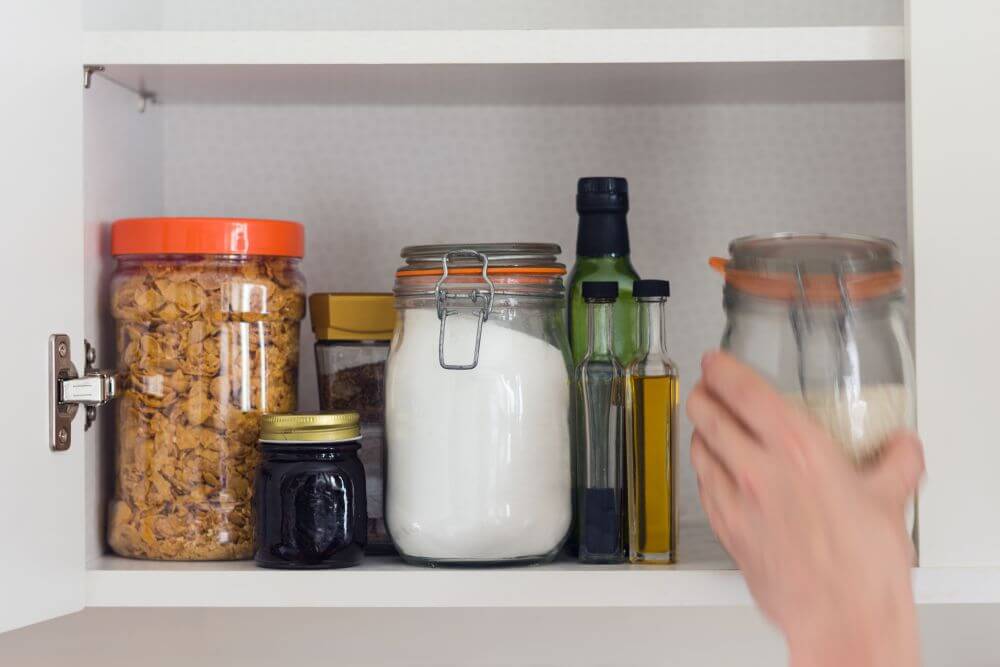Going Plastic Free this July? 5 tips to help you

Plastic Free July is now here so are you ready for the challenge of reducing how much plastic you and your family use?
Plastic Free July focuses on avoiding single use plastics, which are things that are thrown away after one use. Plastic bottles, straws, and takeaway coffee cups all fall into this category, but one of the biggest culprits is plastic bags – both shopping bags and those flimsy bags we use for our fruit and vegetables.
Over 1.1 billion single use shopping bags are no longer in circulation thanks to the governments ban in 2020. However many of us still use single use plastic produce bags despite nature giving bananas and oranges their own natural protection and reusable alternatives readily available.
While plastic is very effective at lengthening the shelf life of your food, if you follow these handy tips you should be able to go plastic free this July without wasting any food.
Tip 1: Plan your meals and shopping
If you are going plastic free, you will need to be more prepared. You may need to visit more than one store to buy what you need and you will need to have your reusable bags and containers in the car. Make sure you know where the stores are in your town where you can buy items plastic free. Check out this handy regional shopping guide from Hannah and Liam of the Rubbish Trip. Once you have planned your meals, make a shopping list and include the containers that you will need to take if you are buying your food from a bulk food store.
Tip 2: Buy little and often

It’s not a great idea to buy in bulk if you are going plastic free as it may be hard to find containers large enough, so buying little and often works best. Take your measuring spoons and cups with you and only buy what you need for that meal. This works especially well if you are buying exotic herbs and spices or specialty items like polenta which you may not use very often.
Tip 3: Label everything
Make sure that you label all of your storage containers so you don’t accidentally reach for the baking soda when you are after the salt!
Tip 4: Make the most of what you already have
Plastic Free July is about sustainable living so if you already have a good collection of plastic airtight containers, continue to use them rather than tossing them out in favour of glass containers.
Glass jars are also a great storage solution and you can freeze food in them – just make sure you leave some empty space to allow for the food to expand when frozen. Raid your recycling bin for jars or scour op shops for them.
Honeywraps can be a useful investment particularly for wrapping sandwiches or covering bowls in your fridge. Buy online or you could try making your own.
Tip 5: Know what to store where
If your food isn’t in plastic it may not last as long, so you’ll need to make sure that you are storing it in the right place. Keeping apples in the fridge makes them last 8 times longer, whereas nuts should be frozen to stop them going rancid. Check out more of our storage tips here.